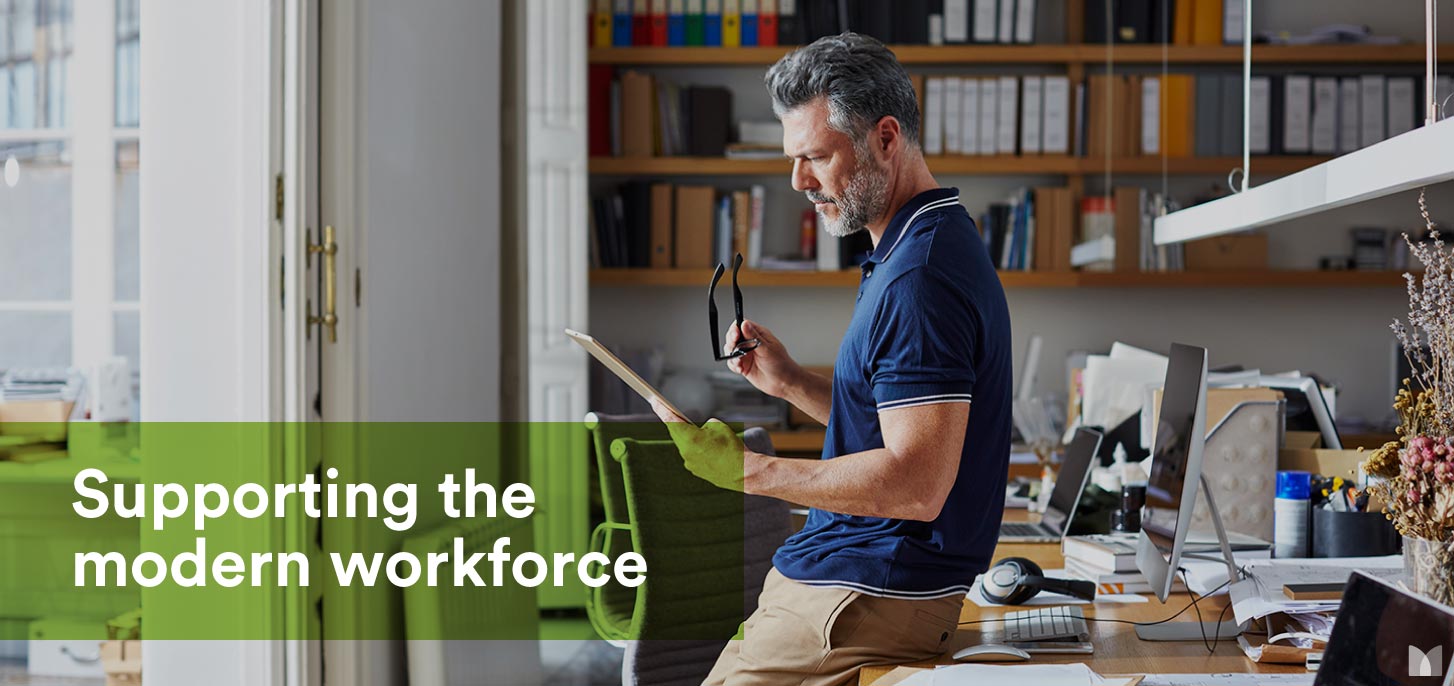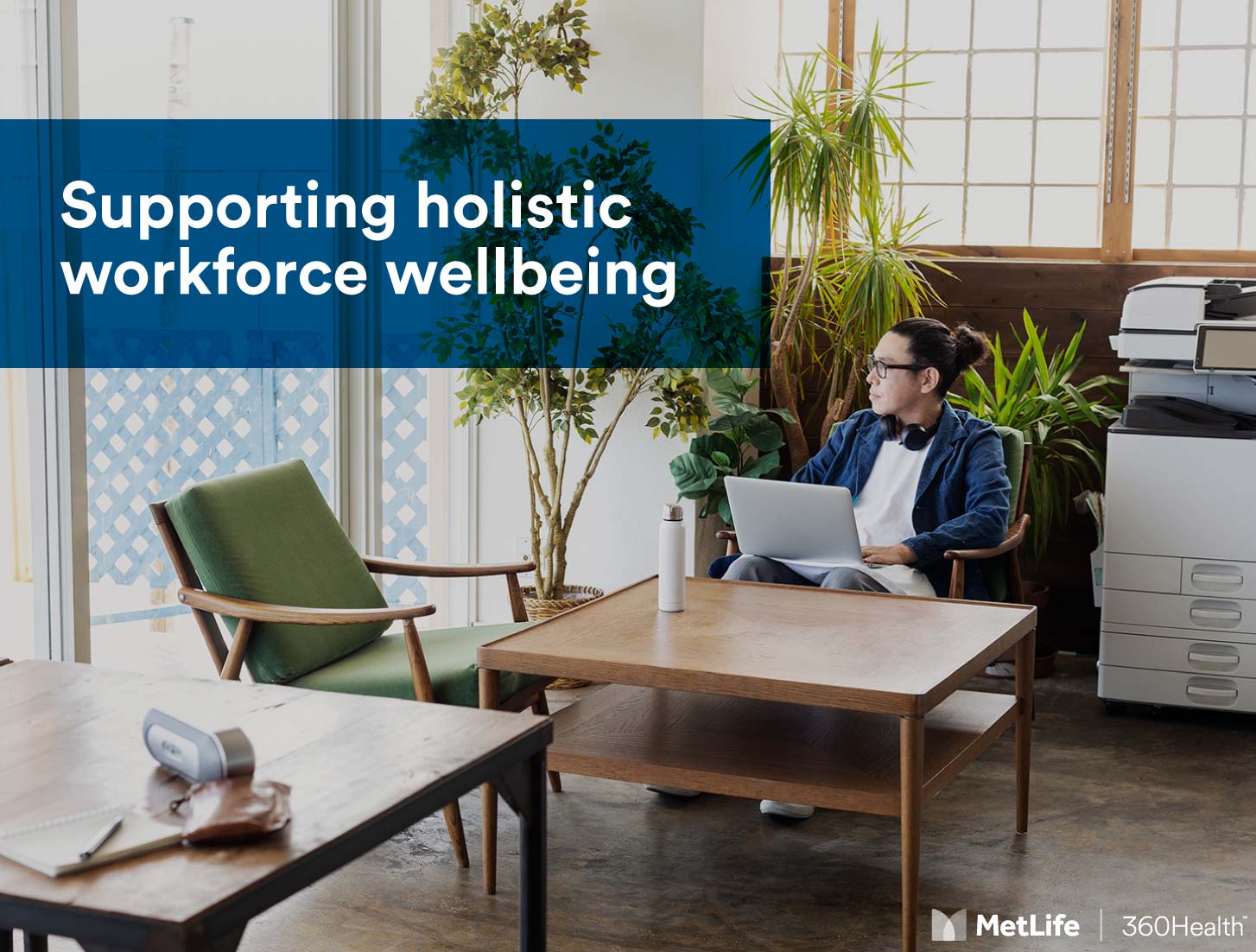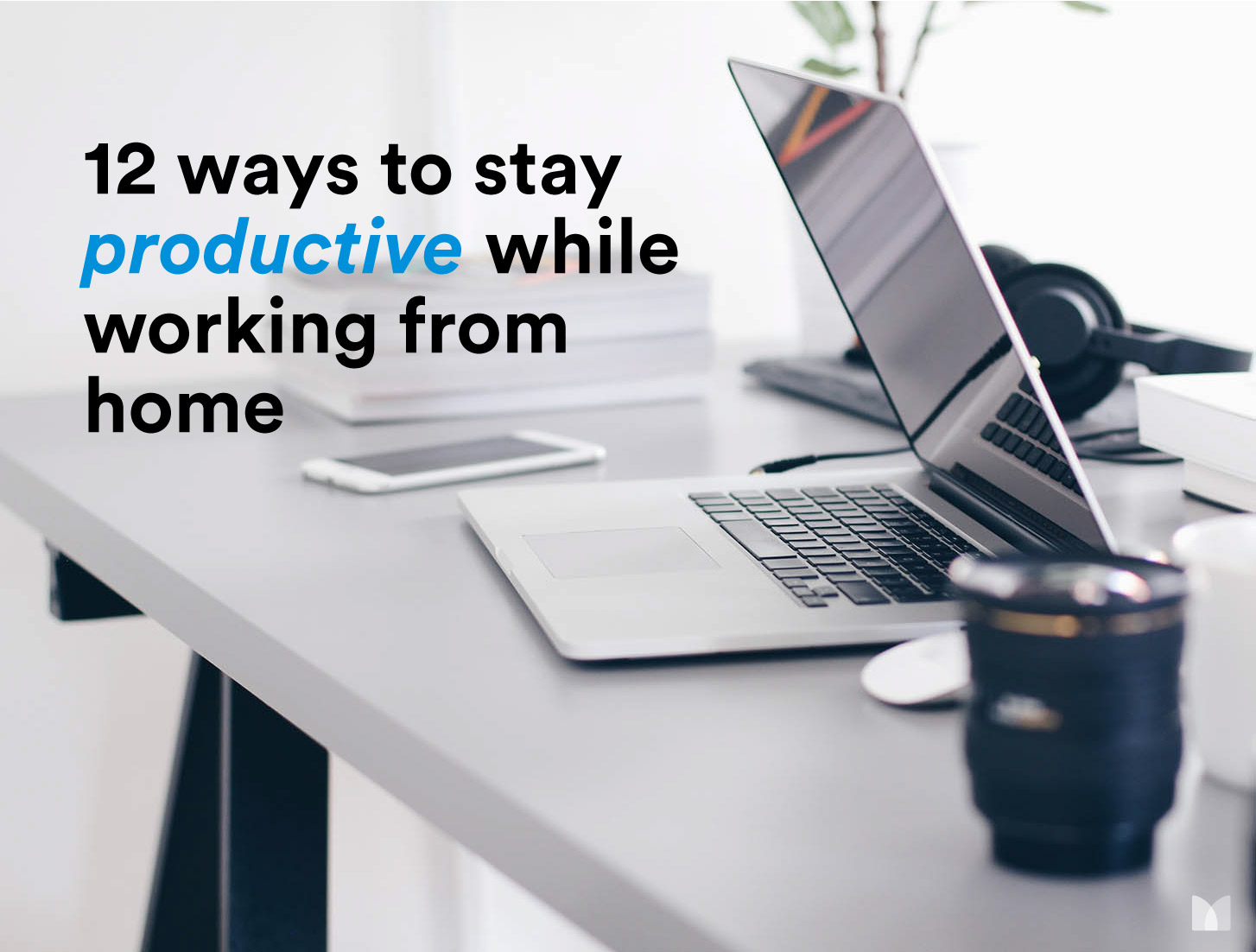
Our experience of 'work' took a sudden turn in 2020 when the pandemic reached Australia: leaders of organisations had to execute contingency plans at various degrees of preparedness, and for the most part employees had to adapt to new ways of working that suited their employers.
Having change thrust upon them has caused many employees to adapt how they work, but also rethink what they want. This is particularly true of the support they are looking for from an employer, whether it be in regards to wellbeing, digital upskilling or remote working.
1. Convenient access to health support
Telehealth services for employees used to be considered a 'noble' goal for organisations to offer, though before the pandemic they were generally under-appreciated and underused. But when people started working from home they quickly adapted to virtual meetings, and many got used to seeing GPs and other health professionals virtually. More employees also became comfortable with having conversations about their mental health over the phone or online, notes MetLife partner Teladoc, which reported it hosted more than 70 million sessions focused on mental health in 12 months.
Insight: Organisations can smooth the way for the employees to access health support by partnering with expert-led services. As Jamie Vickers, Director at Teladoc Health, explains "Telehealth is here to stay. People are realising it works, and we've found 80 per cent of people who use it are saying it's resolved their problems without actually going to see a doctor face-to-face."
2. Purpose, fairness and being ourselves at work
An organisation's social impact stance matters more these days. People are more engaged with social issues thanks to digital media connecting them to more knowledge and viewpoints, which raises expectations on the organisations they work for. Nearly three-quarters of Australians who participated in PwC’s global survey “Hopes and Fears 2021” said they want to work for an organisation that makes a positive contribution to society.
Insight: "People want to have purpose at work: in a challenged world they want to know they're really having a positive impact, and organisations need to connect them to that," says Catherine Walsh, Head of People and Culture at PwC. "There's a big focus on enabling people to be their authentic selves at work – that sense of belonging – and organisations need to ensure workplaces are free of discrimination, bullying or harassment, otherwise people will leave."
3. Mainstream acceptance of hybrid working – and support for digital upskilling
Some employees are worried that digital technology might make their jobs obsolete, while others have enthusiastically adopted digital tools to help them perform well, whether they're physically in a workplace or working remotely. In fact, a mix of remote and in-person working is now the preferred choice for 74 per cent of Australian employees, according to the PwC report. The top three global trends Australians think will transform the way we work are rapid advances in technological innovation and automation (51 per cent), changing attitudes to remote working and benefits preferences (45 per cent) and shifts in the location of work and economic activity (40 per cent).
Insight: "The people have spoken, and they want to continue with hybrid working," says Walsh. "They want to come to the office to connect and collaborate, though they also want to continue to do a lot of their day-to-day work at home."
4. Career opportunities that aren't bound to one location
Before digital communications made telecommuting viable, long commutes interstate or overseas for work were generally only viable for a select group of employees, often at senior levels, due to travel costs. With new technology and different mindsets, that’s now changed, with some employees wanting to explore career opportunities in other locations without having to find a new home. In short, where someone calls home and where they work doesn't have to be bound by geography. Think of it as the next level of hybrid working.
Insight: "One of the things that has been really highlighted for me during lockdowns is that the hybrid approach to working really opens doors for talent," says Steve Jarman, HR Manager APAC at Toro Australia. "Many times, there's been people who are perfect for a role but are based somewhere else and don't want to move. In this new world of hybrid work we can make those career opportunities happen. You can do your job from your home city or town and travel a few times a year for big meetings. The general consensus is hybrid working hasn't impacted productivity for business. Businesses now need to get better at encouraging people to enjoy their lives at home too – you're not wedded to your desk."
Our own research into employees' needs is captured in Employee Benefits Trends Study 2020, which includes a guide for employers on understanding and supporting employees' holistic wellbeing – combining mental, physical and financial wellbeing.











